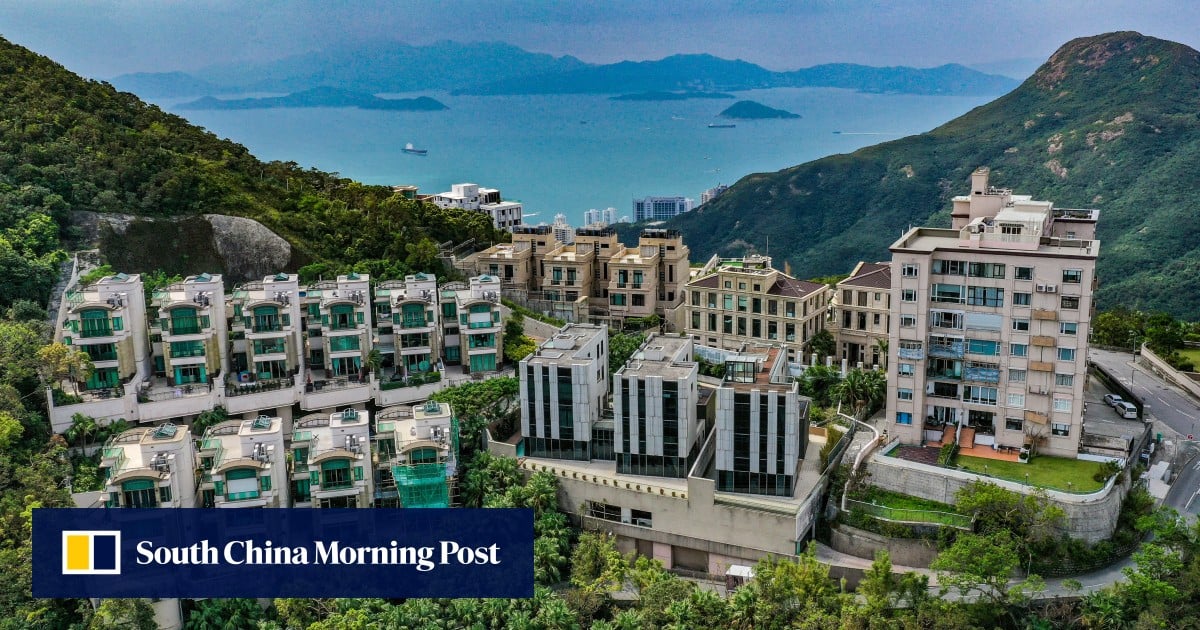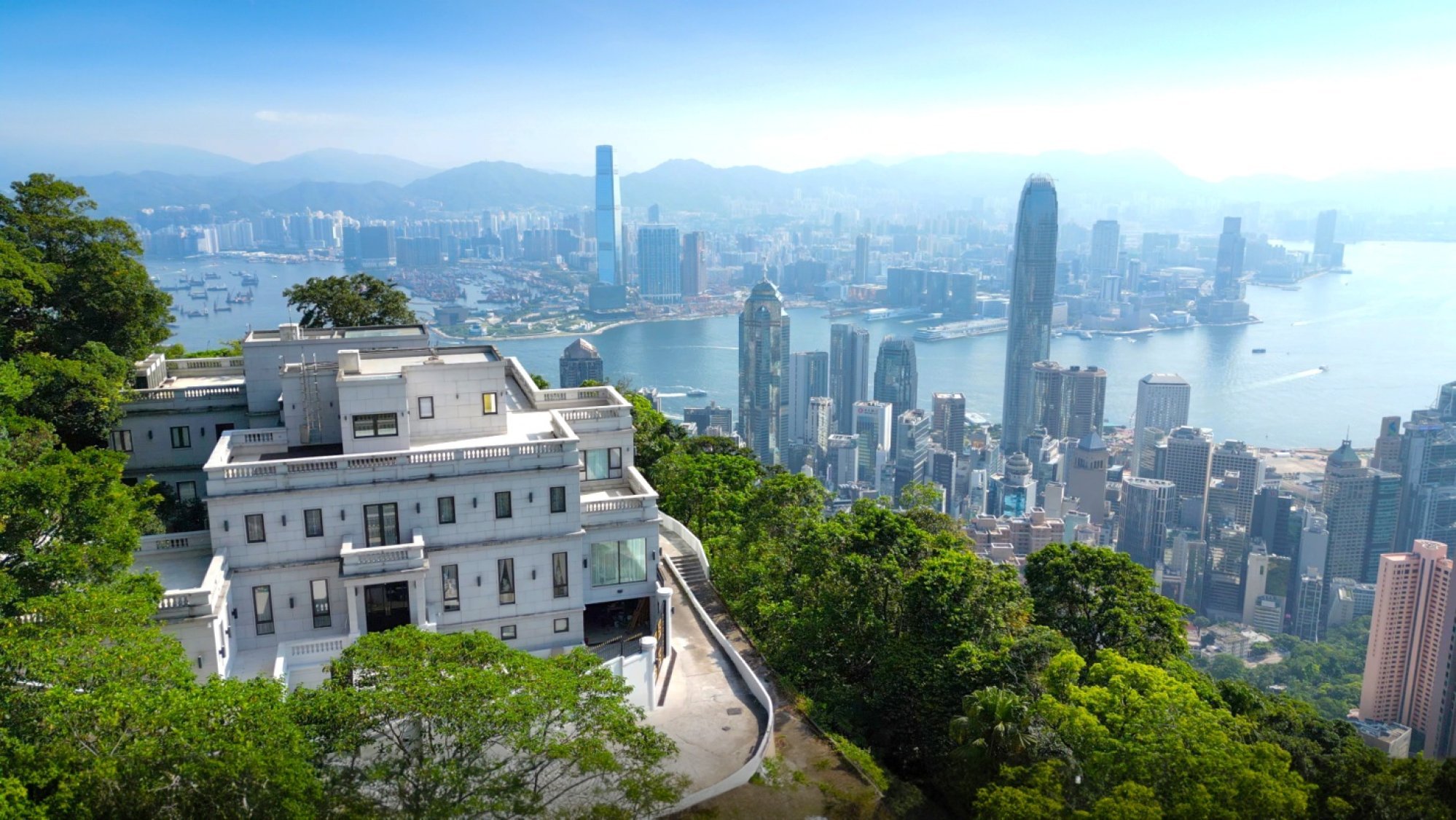
15 Feb Hong Kong luxury rents dropped in fourth quarter but rose slightly in 2023, good for 9th spot on Knight Frank global list
Knight Frank blamed the winter season, traditionally a quiet period, for most of the recent decline, but cited poor market performance for the anaemic annual growth.

“Securing tenants for high-end properties presents a challenge amid the scaling back of MNCs [multinational corporations] and weak IPO [initial public offering] activities,” said Lucia Leung, director of research and consultancy in Greater China at Knight Frank. “Although rental prices of the luxury segment have recovered from their pandemic-induced lows, they still fall short of the levels observed five years ago.”
The consultancy expects the overall residential leasing market to be “robust” in 2024, thanks to new measures to attract overseas talent.
“We expect the luxury residential market will go up by 3 per cent to 5 per cent,” Leung said.
Demand for Hong Kong flats with rents above HK$350,000 (US$44,757) seems strong, with tenants predominantly from mainland China, said Victoria Allan, founder and managing director of luxury real estate agency Habitat Property.
Although the market is not as busy as it was before the Covid-19 pandemic, luxury properties – those with rents above HK$100,000 – on the south side of Hong Kong Island are going “very quickly”, she said, adding that the trend will continue for the rest of the year.
Hong Kong mansion at The Peak sells for US$107 million at 35% discount
Hong Kong mansion at The Peak sells for US$107 million at 35% discount
Across the 10 cities covered in the index, luxury rents rose by an average of 5.2 per cent in 2023, down from 8.1 per cent in the second quarter and the lowest level observed since the third quarter of 2021. However, rents are still rising above their long-term pre-pandemic trend rate, the report said.
“While demand remains strong, the ability of tenants to continue bidding rents higher is being limited by affordability constraints,” the report said. “This, together with a slight improvement in rental supply, is limiting the pace of rental growth.”
Sydney tops the index with 18.1 per cent annual growth due to an ongoing housing shortage and a surge in demand driven by “a significant increase in inward migration following a three-year lull”, the report said.
Singapore sits in fourth place with a 5 per cent annual gain in rents, but the city also saw a decline in the fourth quarter, of 1.6 per cent. Auckland is in second position with an 8 per cent annual gain, and Tokyo in eighth with a 1.5 per cent increase.
New York comes in last, as the city registered the only annual decline in prime rents among the 10 cities, at 0.3 per cent. Rents in the city dropped 2.5 per cent in the fourth quarter.
Returning foreign workers boosted Macau residential rents last year: JLL
Returning foreign workers boosted Macau residential rents last year: JLL
“Over the past three years, prime global rental markets have experienced one of their strongest booms on record, with a perfect storm of low existing supply reinforced by low new-build completions meeting strong renewed demand supported by healthy labour markets,” Liam Bailey, Knight Frank’s global head of research, said in the report.
“Rents, which were running at four times their long-term rate a year ago, are now running at ‘only’ double that rate. However, the direction of travel is clear: expect rental markets to normalise over the rest of 2024.”
